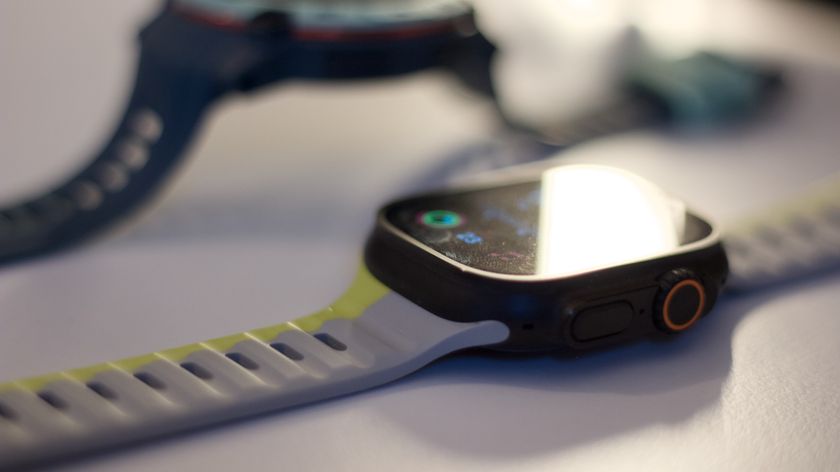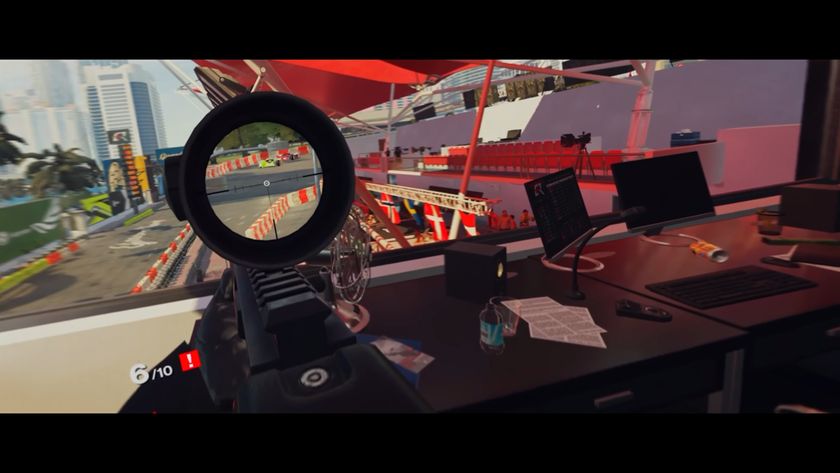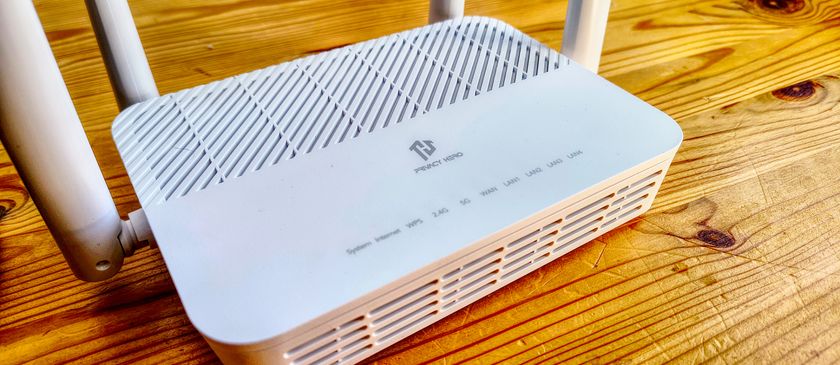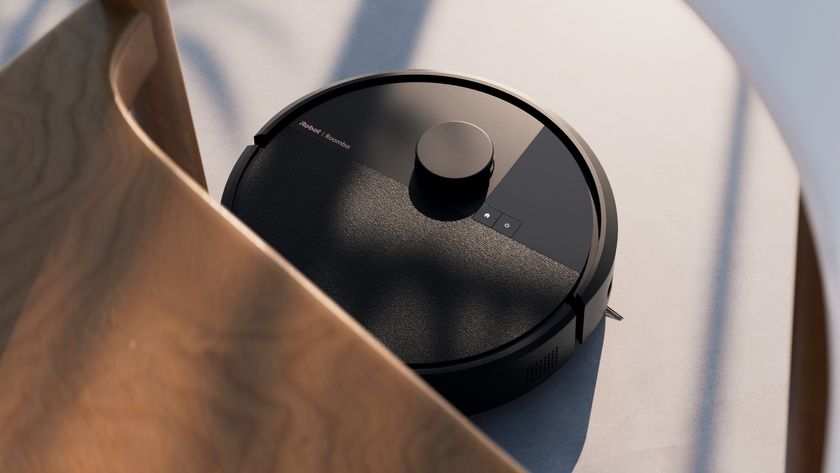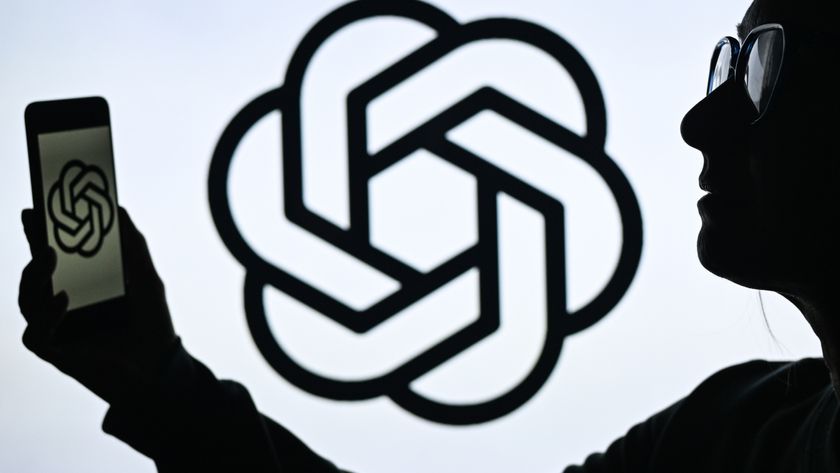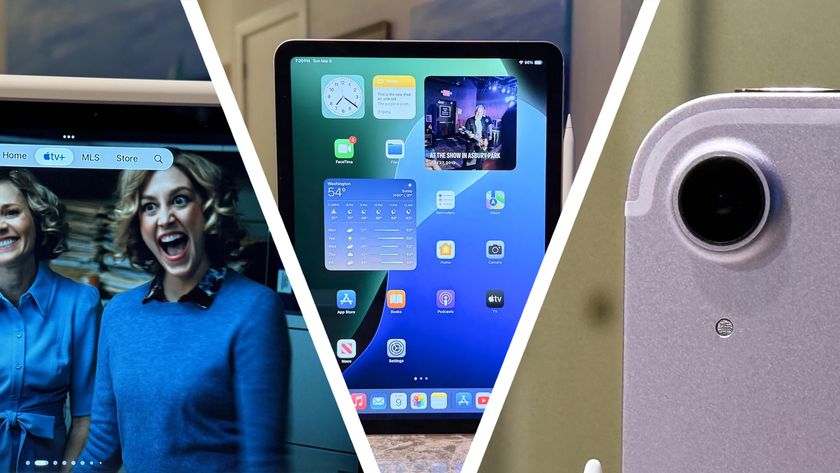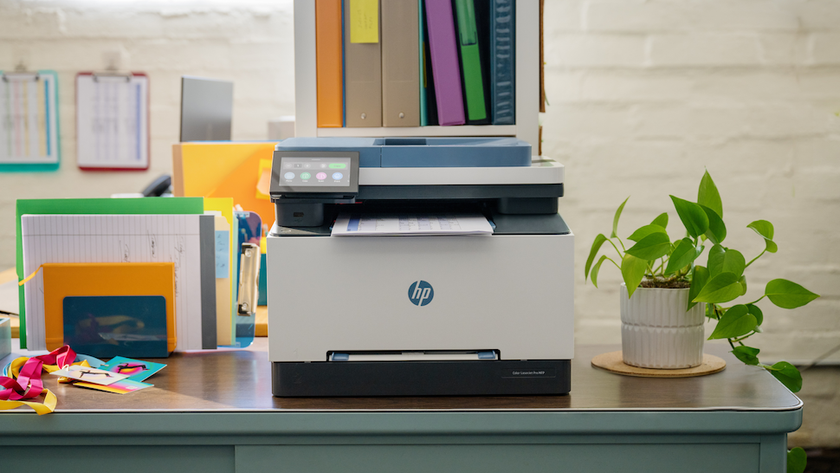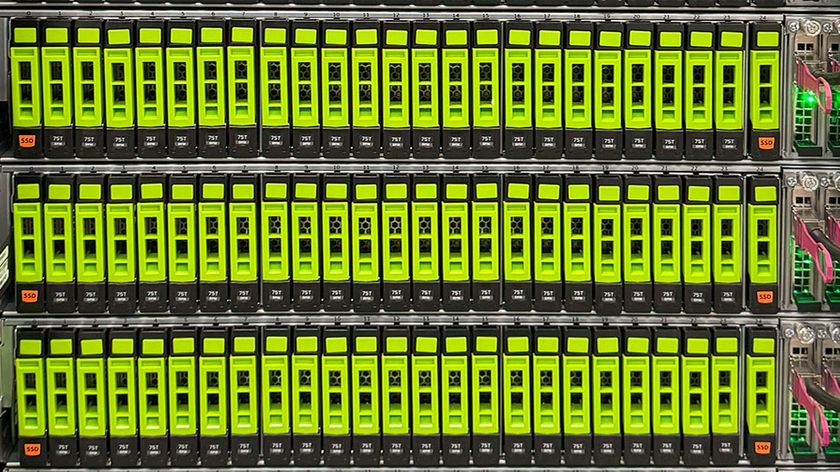8 great Raspberry Pi projects created by kids
From pill dispensers to air quality monitors
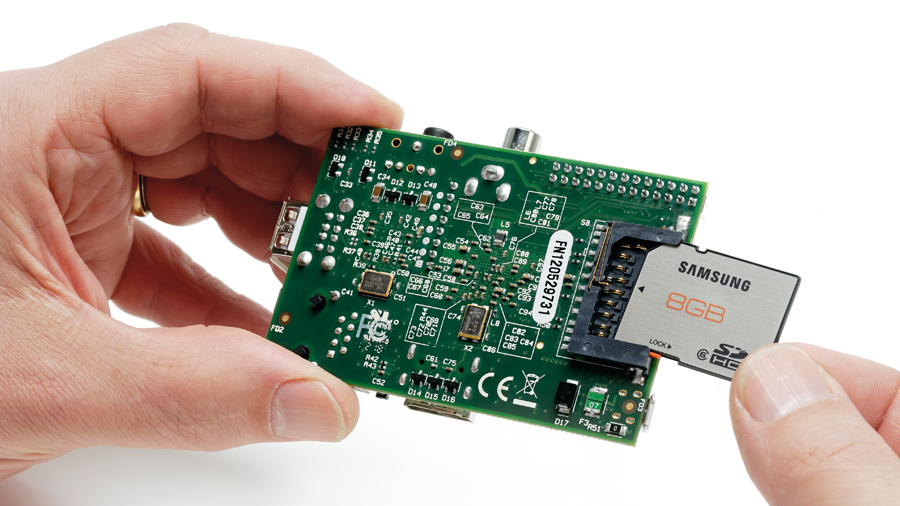
What do you get when you combine the Raspberry Pi with some inspirational young inventors? Terrific Raspberry Pi project designs, that's what.
Fourteen groups of teams from schools, universities and businesses gathered in late March at PA Consulting Group's Cambridge Technology Centre for the awards ceremony of the PA and Raspberry Pi-making competition.
The young programmers presented their inventions to a hand-picked judging panel after being given three months to work on their designs, a £25 Raspberry Pi and up to £50 of additional hardware and software.
The idea was that the inventions should be beneficial to others – perhaps enabling better healthcare delivery, promoting information or benefiting the environment.
The competition was launched in response to a fall in programming skills and was aimed at increasing the numbers of skilled coders, developers and engineers.
Statistics suggest there are too few UK school children studying the core STEM (Science, Technology, Engineering and Maths) subjects and too few school leavers studying STEM subjects at university. All of which means too few graduates are attracted to industry.
"The idea behind the Raspberry Pi came from concern about the year-on-year decline in the numbers, and skills levels, of A Level students applying to read Computer Science in each academic year," said Eben Upton, Executive Director of the Raspberry Pi Foundation.
Are you a pro? Subscribe to our newsletter
Sign up to the TechRadar Pro newsletter to get all the top news, opinion, features and guidance your business needs to succeed!
So without further ado, let's check out some of the projects put together by the teams:
1. Raspberry running device - Norton Community Primary School
This school loves running. The idea behind its device was that it makes it easy to time laps and upload the results of each session to a special website for everyone to view. At the end of each lap, the runner taps the Raspberry Pi with their tag, which logs their time. The idea is for runners to view their time and have a little bit of friendly competition with each other.
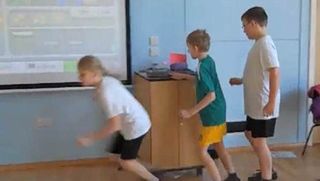
2. Door-answering system - The Richard Pate School
The door answering system won the primary school prize for The Richard Pate School. This system was developed to help old or disabled people answer their door. Using a wireless keypad, which hangs around the person's neck, they can use it anywhere in their house to unlock their door or send a message to the person standing outside. The system also allows the person waiting at the door to enter a code on a keypad and enter straight away.
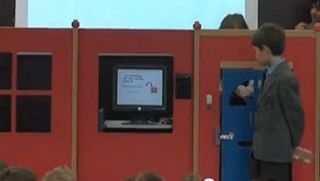
3. Raspberry Pi electricity monitor - UNOP
This system uses a Raspberry Pi to monitor household electricity consumption. Using a wireless electricity monitor, data is collected and plotted onto a graph so the homeowner can view and assess which of their household products, be it a computer or a washing machine, is using up the most energy.
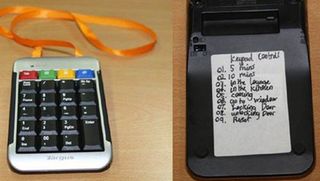
4. Pen Pi - East Sheen Primary
The Pen Pi is this school's modern version of a penfriend. By linking up to discarded keyboards and monitors, the Pen Pi enables primary schools in far-flung countries to communicate, in a more cost effective way, with schools on the other side of the world by using programmes such as Skype. As schools in third-world countries do not have the financial resources to invest in school technology, they communicate with other schools using a Raspberry Pi.
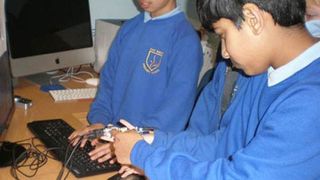
5. Automated Raspberry Pi powered pill dispenser - Dalriada School
Winning the secondary school category, this entry stood out amongst some outstanding projects in the category. The judges said it demonstrated good use of the hardware and software as well as showing superb team work. Remembering to take the right number of pills at the right time can be stressful, particularly for those who are elderly or very sick. This automated pill dispenser makes managing medicine easier: the Raspberry Pi connects a pill dispenser with the person's GP, who can programme the administration of the drugs through a website. Correct dosages drop out of the Raspberry Pi controlled pill dispenser at the specified times. Meanwhile, if sensors detect pills haven't moved once dispensed, an alert is sent to a family member who can remind them.
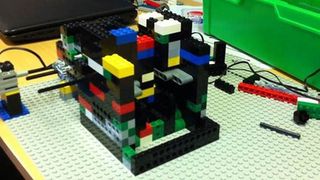
6. Burglar deterrent - Roedean School
Want to prevent thieves from breaking in to youe home? One student from Roedean school did after she was the victim of a break in. To help deter burglars, this device was created to switch lights on and off around the house to make a burglar think that someone is inside.
7. Automated school work distribution and collection device - Highgate School
The device helps pupils hand in homework and receive classwork from their teachers via their own USB stick and the Raspberry Pi. Files on the device can be seamlessly transferred to students and homework can be passed directly to the teacher. When inserted into the Raspberry Pi, the USB recognises the student's ID and moves across any files that are new. The device can be used without internet access. Once the teacher has marked the homework, the document gets transferred back to the student.
8. Air quality and weather surveillance device - Westminster School
Winning the 16-18 age group, the judges said this project was very impressive and showed real foresight. This Raspberry Pi takes in information about air quality through its sensors and upload it directly to the internet, where it can then be viewed on a smartphone or tablet. This device can measure temperature, humidity, smoke, carbon monoxide and nitrogen dioxide.

Dan (Twitter, Google+) is TechRadar's Former Deputy Editor and is now in charge at our sister site T3.com. Covering all things computing, internet and mobile he's a seasoned regular at major tech shows such as CES, IFA and Mobile World Congress. Dan has also been a tech expert for many outlets including BBC Radio 4, 5Live and the World Service, The Sun and ITV News.






